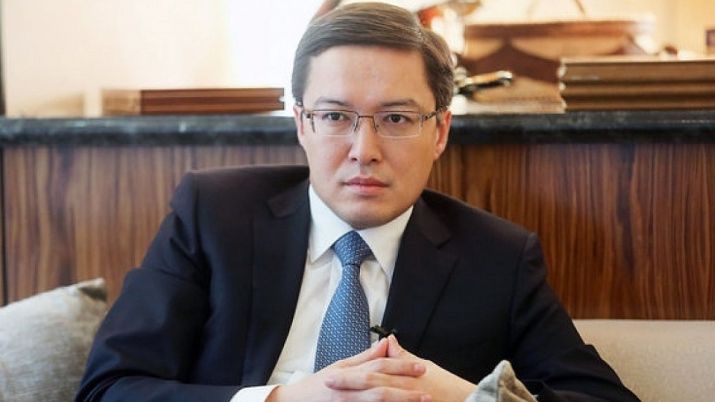ASTANA – The inflation target in Kazakhstan is determined at the level of 5-7 percent with further gradual decrease to 4 percent and lower by 2020. This was announced by National Bank Chair Daniyar Akishev Aug. 29 at a government meeting dedicated to the forecast and main priorities of social and economic development for 2018-2022 and the risk assessment for the exchange rate policy. The inflation forecast for 2018 is the key indicator for the National Bank.
The National Bank’s estimates of future inflation and inflation expectations of the population demonstrate that “inflation will be stable within the target boundaries.”
“A significant improvement in the balance of payments in the first half of 2017 reduces further risks for the exchange rate policy provided that world prices for the positions of Kazakhstan’s exports are stable,” said Akishev.
The head of the National Bank emphasised that the dynamics of the national currency will be determined on the basis of fundamental factors, including the balance of payments, world oil prices and exchange rates in the trade partner countries that will prevent imbalances and ensure the competitiveness of the economy.
According to Akishev, the financial market will implement a programme to support the financial stability of the banking sector adopted by the National Bank board.
“The programme envisages capital injections into large banks in the form of subordinated debt on a return basis. The funds provided will go to the banks’ capital. The limited capital of banks is a significant factor,” he noted.
The volume of non-performing loans will be reduced by more than 1 trillion tenge (US$3 billion) within five years, according to estimates.
“This will strengthen the financial stability and stability of the banking system and ensure an increase in the issuance of new loans to priority industries in the amount of at least 300 billion tenge (US$887 million) per year,” he said.
The financial regulator will continue to liberalise the activities of issuers and investors and simplify market regulation to further reform the stock market. Improvement of the stock market infrastructure and introduction of new technologies will also continue.
The bank will continue to implement a policy of free floating exchange rate.



